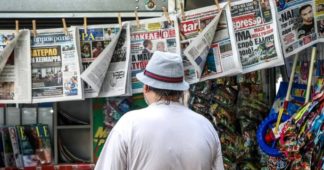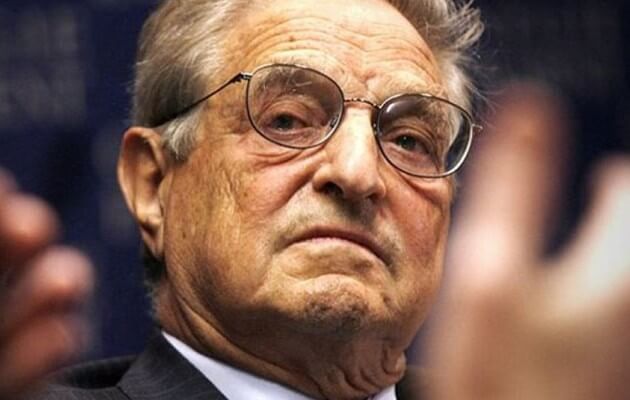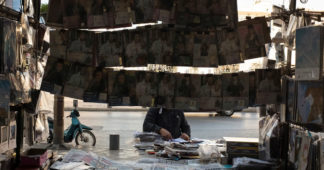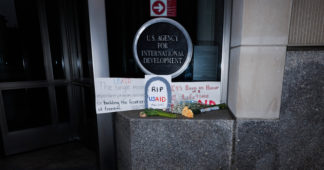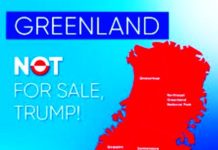Thomas Fazi
Jun 03, 2025
New report exposes a vast, previously under-scrutinised system through which the European Union annually disburses €80 million a year to media projects across Europe and beyond
In an exclusive new report for MCC Brussels — Brussels’s media machine: EU media funding and the shaping of public discourse — I reveal a vast, previously under-scrutinised system through which the European Union annually disburses nearly €80 million to media projects across Europe and beyond.

In it, I argue that this extensive funding, often presented as support for media freedom, in fact, frequently serves to promote explicitly pro-EU narratives and marginalise critical voices, raising serious concerns about editorial independence and democratic integrity.
The report contends that the EU’s financial leverage creates a “semi-structural relationship” with major media outlets, particularly public broadcasters and news agencies, blurring the lines between independent journalism and institutional communication — and seriously compromising the media’s ability to hold power to account.
Key findings and examples from the report:
Promoting pro-EU narratives: funding programmes are often framed using buzzwords like “fighting disinformation” or “supporting factual programming” but the report presents evidence that they have clear strategic objectives to shape public debate and promote the EU agenda. Many projects, for example, explicitly promote pro-EU narratives, including “promoting European integration”, the “demystification of the EU” and the “combatting of extremist and eurosceptic national movements”. On geopolitically sensitive issues — most notably the Russia-Ukraine conflict — these projects foster an environment where media outlets are financially incentivised to echo official EU-NATO positions, further narrowing the space for independent journalism.
Covert propaganda campaigns: the Information Measures for the EU Cohesion Policy (IMREG) programme has channelled around €40 million since 2017 to media outlets and news agencies to produce content highlighting the “benefits” of EU policy. The report highlights examples where this funding is not clearly disclosed, effectively amounting to “stealth marketing” or “covert propaganda”. Other projects explicitly aim to “increase awareness of the benefits” or “contribute to a better understanding” and strengthen citizens’ “sense of belonging to the EU”. These euphemisms mask what is, in effect, a top-down attempt to manufacture a European demos — a unified political consciousness that, under current political and cultural conditions, remains more an ideological aspiration than a democratic reality.
News agencies as narrative gatekeepers: the EU strategically partners with major news agencies like ANSA (Italy), EFE (Spain), and Lusa (Portugal) through programmes like IMREG, ensuring pro-EU messaging cascades across hundreds of outlets that rely on agency content. The €1.7 million EU-funded European Newsroom project, for example, bringing together 24 news agencies in Brussels, effectively amounts to an effort to standardise and align messaging on EU matters.
“Fact-checking” and controlling discourse: initiatives like the European Digital Media Observatory (EDMO), funded with at least €27 million, involve news agencies and media in networks to “fight against disinformation”. The report warns that when entities involved in promotional funding also participate in defining disinformation, it risks becoming a tool to police the boundaries of acceptable discourse and label dissent as disinformation.
Investigative journalism focused outward never inward: the report scrutinises EU-funded investigative journalism projects, noting a pattern where much of the focus is directed towards non-EU countries like Russia or Kazakhstan, with scant scrutiny of the EU itself despite the many documented scandals within the Union.
The European Parliament’s own propaganda: the European Parliament, through its Directorate-General for Communication, has allocated nearly €30 million since 2020 to media for campaigns, including explicitly self-promotional content ahead of elections. The aim is to “increase the reach towards targeted audiences more effectively with messages related to the work of the European Parliament”, adding “legitimacy to EP campaigns”. This should be seen as an attempt to manufacture democratic legitimacy due to a lack of organic support.
The report concludes that the evidence points to the EU systematically investing in shaping a “friendly” media environment that reinforces its legitimacy and political goals, rather than simply supporting a free press. It calls for an urgent public reckoning and for institutional links between political power and journalism to be scrutinised — and, ultimately, severed.
We remind our readers that publication of articles on our site does not mean that we agree with what is written. Our policy is to publish anything which we consider of interest, so as to assist our readers in forming their opinions. Sometimes we even publish articles with which we totally disagree, since we believe it is important for our readers to be informed on as wide a spectrum of views as possible.

